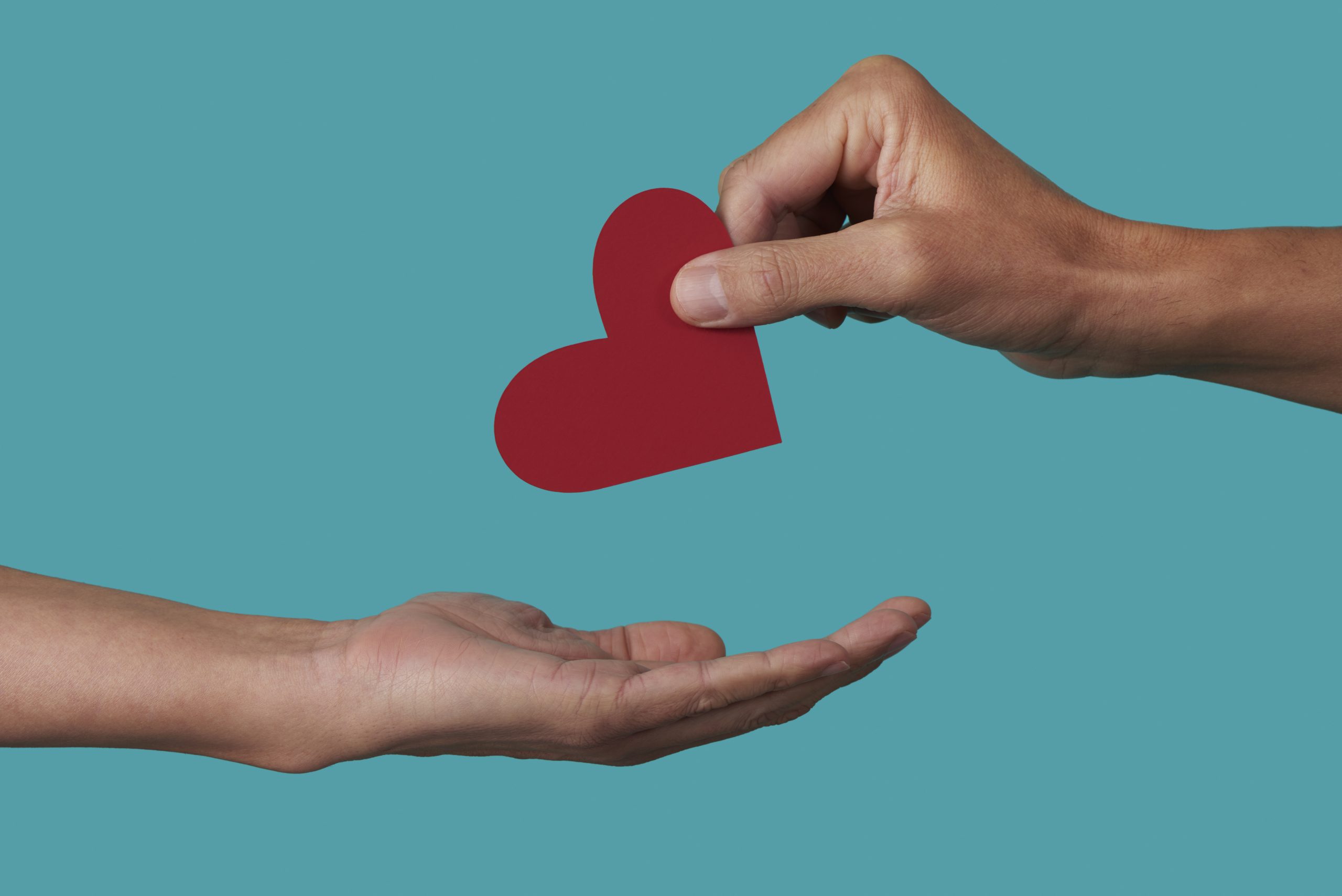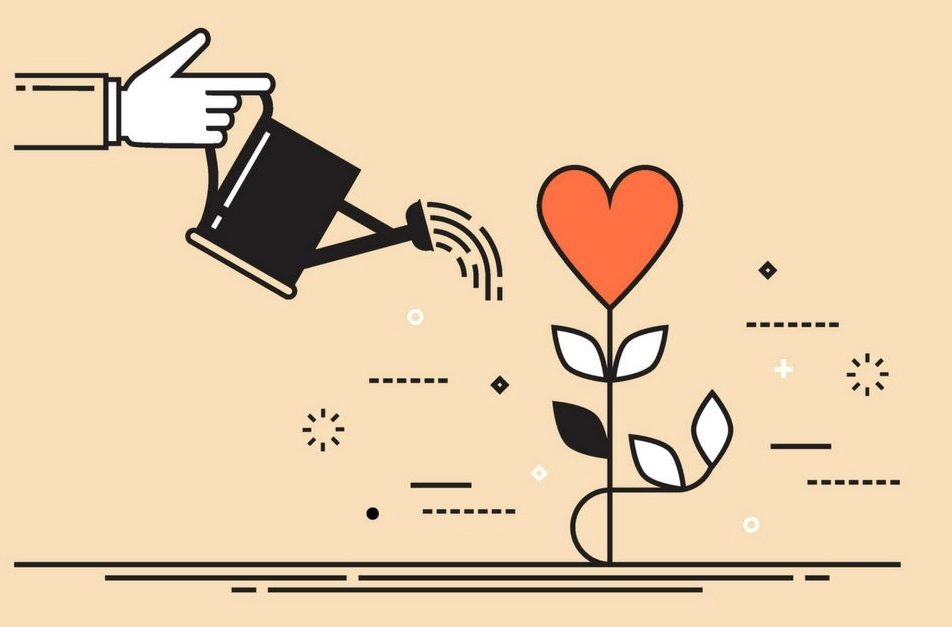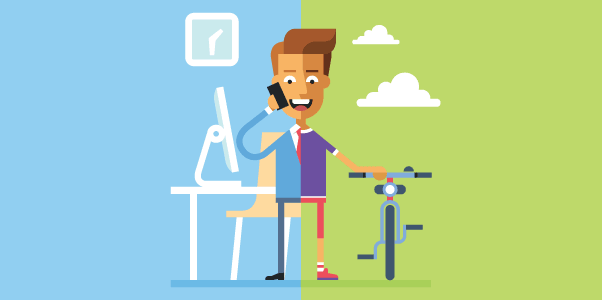Kindness sounds like such a good trait. The non-profit sector is full of kind people who want to make a difference, alleviate suffering, and make our world a better place. That sounds like such a great group of humans! And we are!
However, many people understand kindness to mean they must always be friendly, generous, and considerate, and can never hurt someone else’s feelings, make them upset, or disappoint someone. You are never allowed to be angry, or express negative feelings, or be uncooperative. Which puts an enormous pressure on you to not “ruffle feathers” or push back. And this is where kindness is not kind to you, to your organization, or to those you work with.
If you think kindness must be without boundaries and limits, your ability as a leader or fundraiser to function and navigate the very complex non-profit world is lessened.
The reality is that it’s impossible to keep everyone happy and never disappoint. And if you aren’t careful, great amounts of energy will be spent trying to negotiate this impossible task.
I know all about this because I grew up in a family and faith community that focused on being kind and positive at all costs, especially as a woman. I was NOT taught how to have difficult conversations, how to identify (much less negotiate) my own needs, or to understand that speaking truth can be much kinder, even if in the moment it feels terribly uncomfortable and the other party is upset. I received affirmation when I was kind, sweet, positive, loving, and supportive, but not if I held firm on a boundary or had a different opinion.
My upbringing left me only able to function in, what felt like, one station. I would try to use kindness, positivity, and a helpful attitude to influence others in a passive way, but never ask for what I needed directly. I didn’t know how to negotiate for my own needs and would get to such a point of frustration that I would occasionally blow up out of the blue over some small infraction. But mostly, I internalized all of the unexpressed emotions which led to constant anxiety, headaches, and back issues.
In an article in Psychology Today, they broke down the impact of thinking that your only way to interact with the world is to “be nice.” Here are some things they shared.
- All the negative emotions like frustration, anger, fear, that naturally show up in life are internalized, often leading to depression, anxiety, or addiction.
- Self-criticism abounds where you blame yourself in unrealistic ways for things not working out. That steady stream of verbal abuse where you vow to work harder, be nicer, or you’ll never be enough, is a terrible way to live. Burnout, illness, brain fog, exhaustion, lack of productivity, and unhappiness result.
- You become resentful of others who are not as sacrificing and nice back to you. You have unrealistic expectations of others meeting needs you never express. You feel anger toward those who ask for what they need, because in reality, you wish you could do the same.
- Instead of speaking directly about an issue, you attempt to influence through passive-aggressive measures to get what you want. Others feel this and resist and become resentful.
There is a lot of discussion these days about emotional intelligence, and I wonder if sometimes it may be seen as just having great conversational skills and being kind. As I have journeyed to find another way to function in this world, determined to not live in constant anxiety, I found that EQ is really about developing a balance and adding other skills to my quiver.
Being emotionally intelligent is about being able to identify, express, and manage emotions as well as the ability to understand, interpret, and respond to the emotions of others.
Kindness needs its other brothers and sisters: honesty, authenticity, empathy, self-love, and truth to bring balance. Having this awareness partnered with your logical mind helps you manage expectations, build trust with others, have difficult conversations, and make good decisions that take the whole picture and others into consideration.
I am so thankful that I am a kind and empathetic person who no longer functions from only this one station. I no longer fear difficult conversations and can have them from a present, clear, and honest place. I can identify what I need and am able to negotiate that with others. I’m sharing this because if I can learn to do this differently, I know you can too! It has totally changed my personal and professional life and is something I continually work on.
How have you perceived kindness in your own life?
If you want to unpack this idea, here’s some guidance you can use:
- Write out what kindness means to you
- Take some time to write down what qualities you see as “positive” and “negative”
- Where do you find it difficult to balance kindness with healthy boundaries?
- Affirm what you do well and list your areas for growth
Starting to look internally is the first step in understanding what you bring into your work each day and how you can honor yourself while being kind and generous to others.
Karen







0 Comments